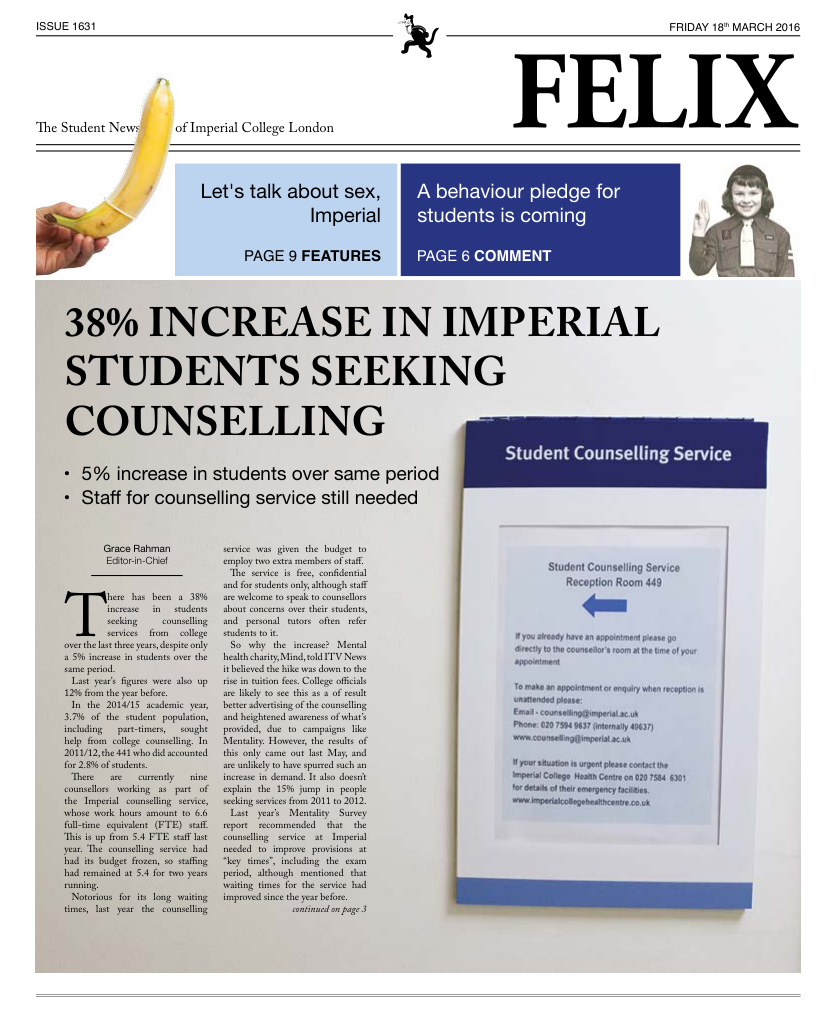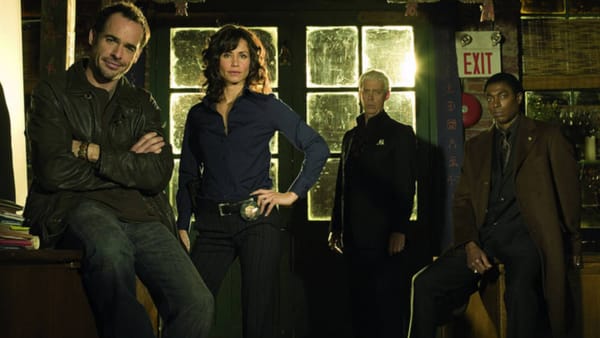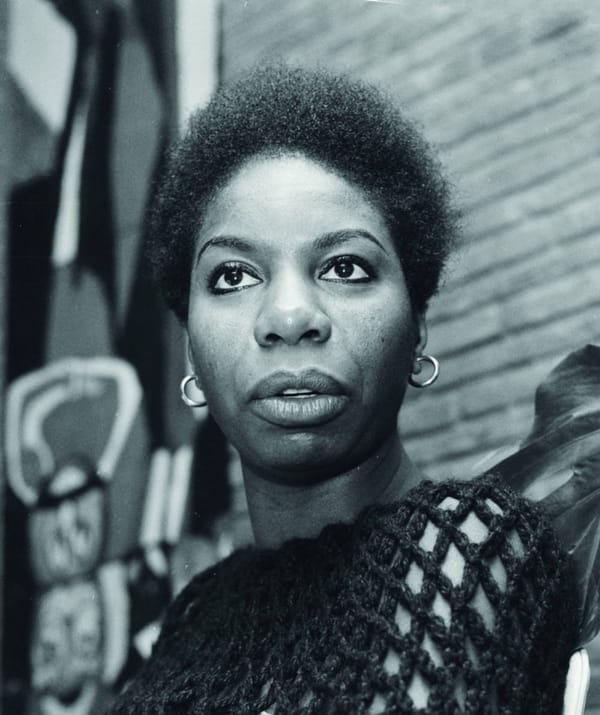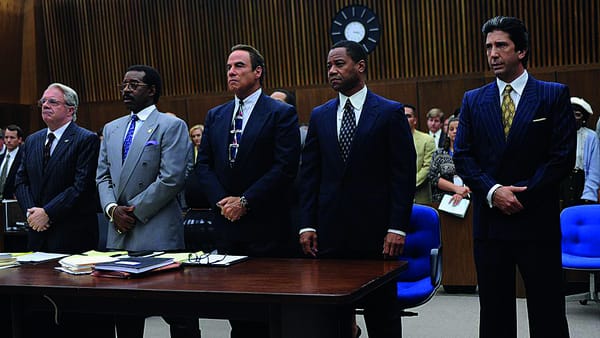The Witch
The FELIX review
The concept of the witch is an ancient one. Present since time immemorial, examples of witchcraft can be found all across the globe, from the Maori people’s belief in makutu, to the kitsune-tsukai of Japan. Even today, witches play a prominent role in society: just look at the phrase ‘Ditch the Witch’, used a few years ago by supporters of Tony Abbott against the then-incumbent Australian PM Julia Gillard. The witch has come to stand for a fear of female agency and power, and nowhere is this more apparent than in Robert Eggers’ directorial debut, The Witch, a slow-burning horror that creeps into your subconscious like tendrils of mist.
We begin with the excommunication of a family in New England, half a century before the infamous Salem witch trials. Leaving the commonwealth, they must strike out on their own in an inhospitable state of nature, finding a plot adjacent to a thick forest upon which they can found a new society. Things only go downhill from here. The eldest daughter of the clan, Thomasin (Anya Taylor-Joy), is watching her baby brother Samuel, when he vanishes before her very eyes. As time goes on, despite her mother Katherine’s (Kate Dickie) repeated cries to God, the crops begin to fail, their goats start expressing blood instead of milk, and eldest son Caleb is cursed. Faced with this brutal barrage of calculated misfortune from the outside the family turns inwards, on Thomasin, whose burgeoning sensuality represents a threat to the security of the community.
Building on years of painstaking research,The Witch is nothing if not authentic. With moon and candle-light often being the only source of illumination, the entire film is drenched in an oppressive darkness, highlighting the dichotomous beauty and power of the natural world. Most of the dialogue, we are told, is lifted verbatim from recordings of the era. This, combined with the excellent Yorkshire accents from the cast, call to mind the power of Clio Barnard’s debut feature, The Arbor, which shares the haunting sense of the dead being brought back to life. The cast are excellent throughout: Taylor-Joy provides the right notes of vulnerability, as she treads the tightrope from girl to woman; and Ralph Ineson is ferocious as patriarch William, his deep voice making it sound like he’s being chewing gravel. But top prize goes to Dickie, her Katherine is a woman struggling with the weight of the world, but refuses to break, all sinew and tension and deep grief.
Completely unreliant on jump-scares, Eggers’ film is a cut above other horrors, and its impression lingers long after the credits roll. While the introduction of an actual witch early on in the film may be seen by some as putting the horse before the cart, Eggers’ decision actually works in his favour. It allows us to focus on the real enemy: man himself, and the psychological paranoia that comes when faced with the barbarity of the natural world. Having made a break with nature man can never truly return to it, creating a delicious tension at the heart of The Witch. The real witches, it begins to dawn, were inside of us all along.









